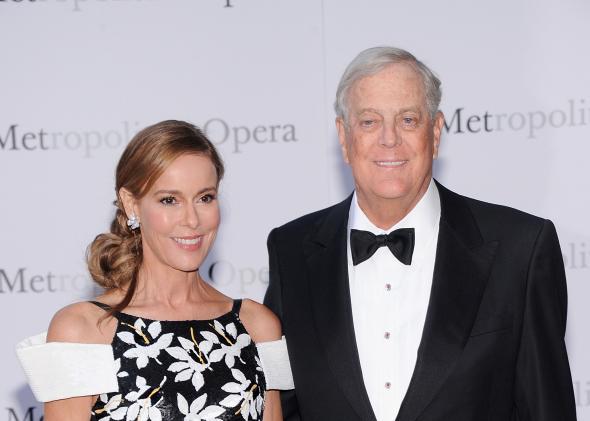The Obama administration has proposed new campaign finance rules that, through the Treasury Department and the IRS, would limit the amount of political advocacy “social welfare” nonprofits—otherwise known as 501(c)(4) groups—would be able to undertake and keep their tax-exempt status. Some of these groups have flirted with the line between being a “social welfare” organization and a political campaign nonprofit with unlimited spending capability.
Byron Tau explains the proposed change:
Current IRS rules require that these groups be organized for the purpose of “social welfare.” The new draft Treasury and IRS regulations would explicitly exempt certain political activity on behalf of candidates as counting toward the promotion of “social welfare.”
For example, candidate-related political activity includes communications within 60 days of a general election clearly identifying a candidate or party.
So now’s the time groups like Americans For Prosperity should be sending out apoplectic press releases, right? Nope. They’re either lying low, or they aren’t all that worried about the rule being implemented. Basically, their argument is thus: The fact that the administration has to change the rules to bring these groups into violation proves that they’ve been following the rules all along.
“By proposing a rule change, the administration appears to be conceding that they can’t get 501(c)(4) groups to change their behavior without changing the rules,” one source close to several conservative nonprofit groups said. “So while they may be able to change some behavior moving forward, it’s also a tacit validation that many of these groups have been acting properly since Citizens United.”
The problem is, this is a pretty nebulous way to write a rule. Defining tax-exempt status based on whether a group uses communications with candidates could rope in nonpolitical groups. Interpreted widely, for example, it could threaten the tax-exempt status of any nonprofit group that used a member of Congress in a PSA within 60 days of an election. And even if the rule is passed, the administration would most assuredly still have James Bopp to reckon with.
